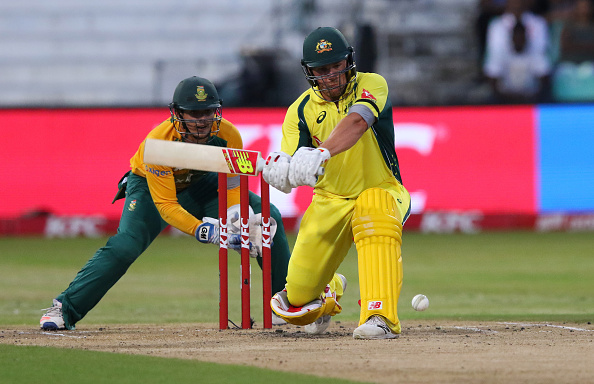

Victorian batsman Aaron Finch smashed his first Sheffield Shield ton in over six years on the weekend, but his 102-run innings couldn't have come at a better time.
Finch is set to take the field for Australia during their three-match ODI series against New Zealand beginning on Sunday, and heading into the game in some form will definitely help the Bushranger.
"Any time you get runs in any format, it's nice," he said on radio station SEN.
"I probably haven't scored as many as I would have liked over the last two tours for Australia.
"There have been some cameos there, some 50s off a few, but nothing really significant to win a game.
"It was nice to get runs in a tough situation when the team needed it.
"I haven’t played a lot of four-day cricket in a row ... you're in for one game then go away for a one-day or T20 tour then you're back, so it's hard to get a flow."
It was the 30-year-old's sixth ton in first-class cricket, but surprisingly, Finch has actually hit the triple figure mark more times in ODIs and T20Is, with eight for Australia.
After losing the previous Test series 2-1 to South Africa, the Australians are now gearing up to face Pakistan, but not before the Chappell-Hadlee one-day series against the Kiwis.
Finch is happy that the ODIs have come in between the Proteas and Pakistan Test series' saying it's good for fans and players to space out the matches.
"This is as good a time as any," he said.
"Whenever there are six Tests in a summer, you probably have to space them out a little bit ... otherwise guys just won't get through.
"It's unusual for us, because you're used to the Gabba Test being the first Test of the summer.
"But it's still fantastic to have one-day cricket back again.
"They worked it out, for the Test players, they have three days off for that whole summer, three days that don't involve travel, training or recovery or playing.
"It's a tough period, but people want more cricket, and the more you play, the money is generated that goes back to grassroots level."





